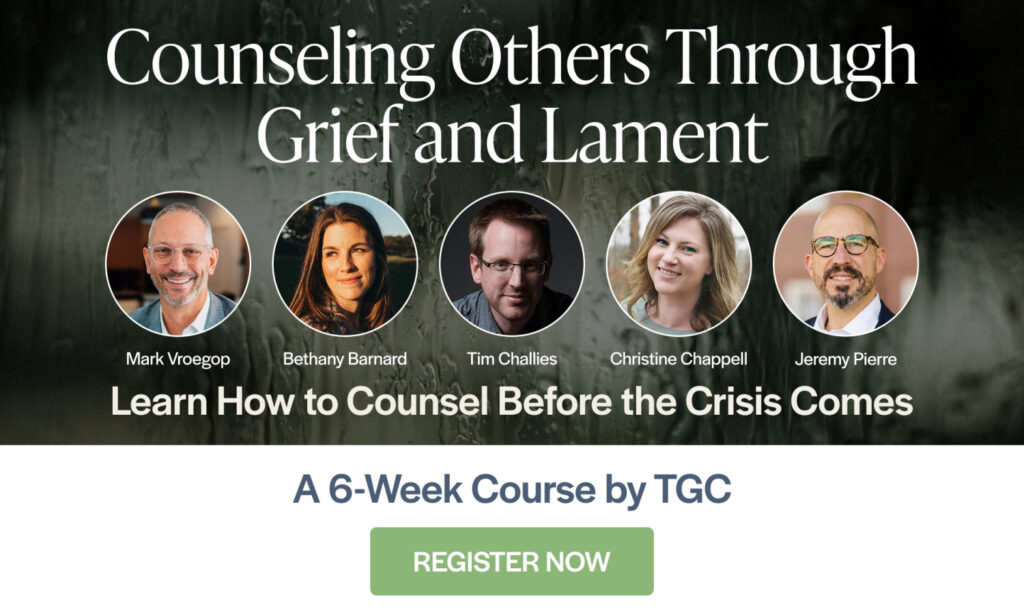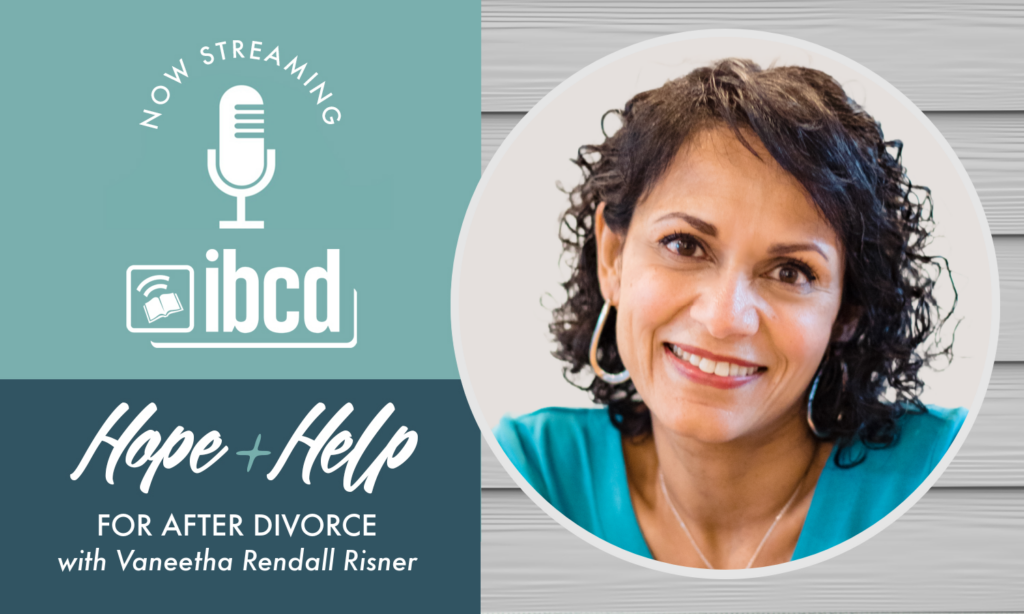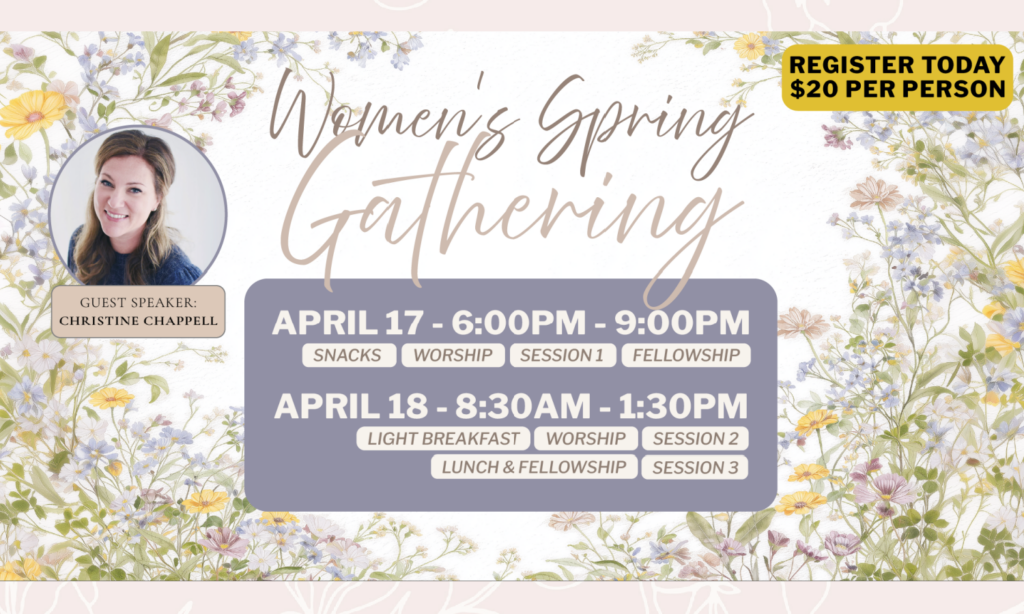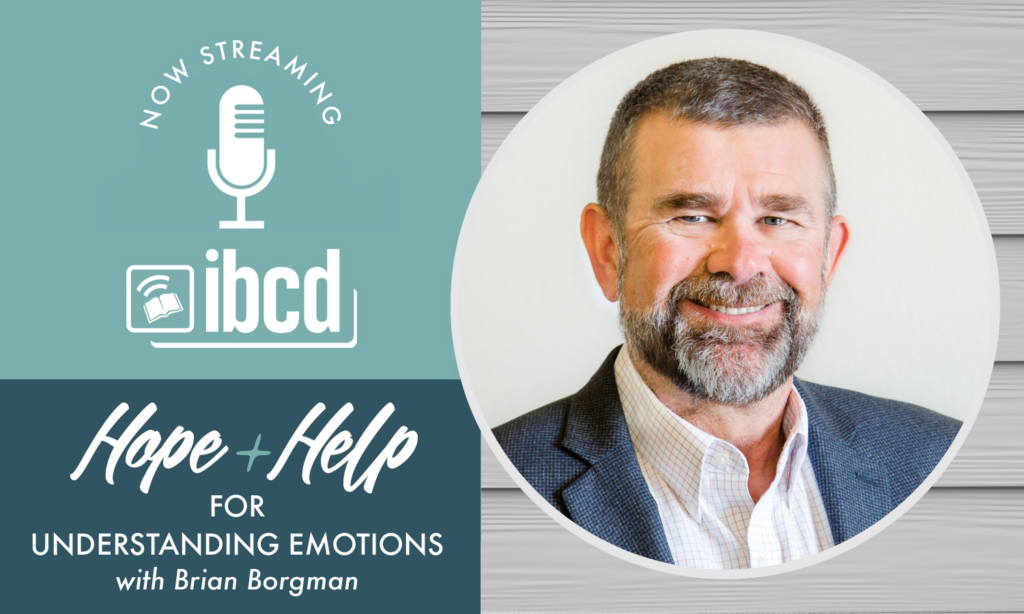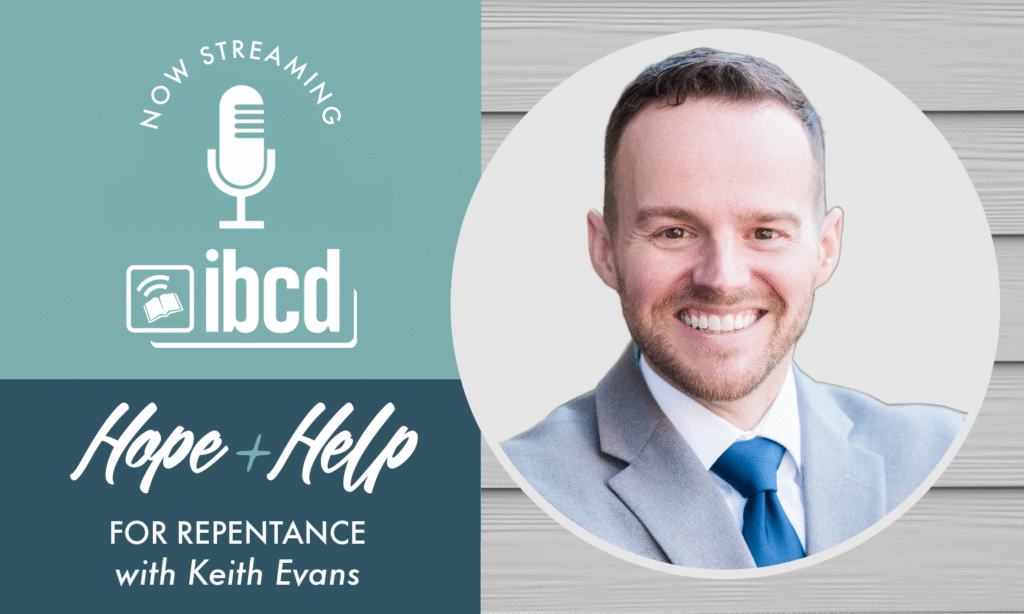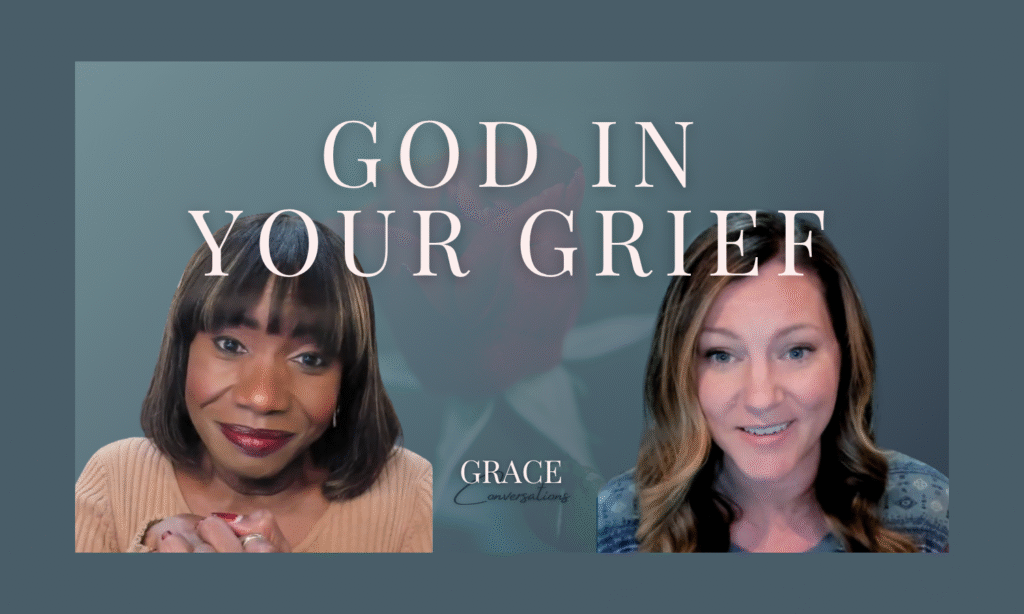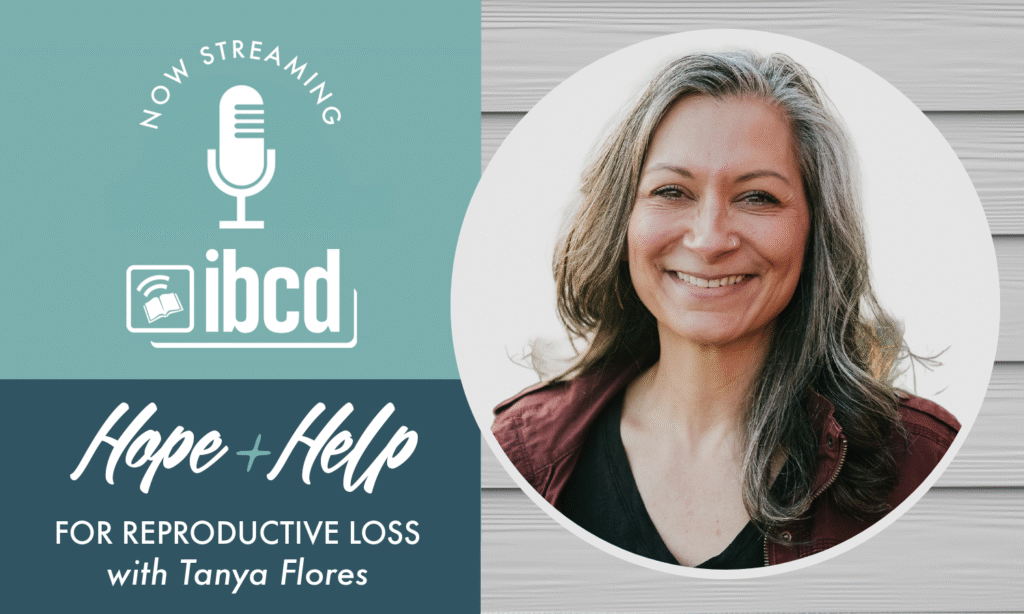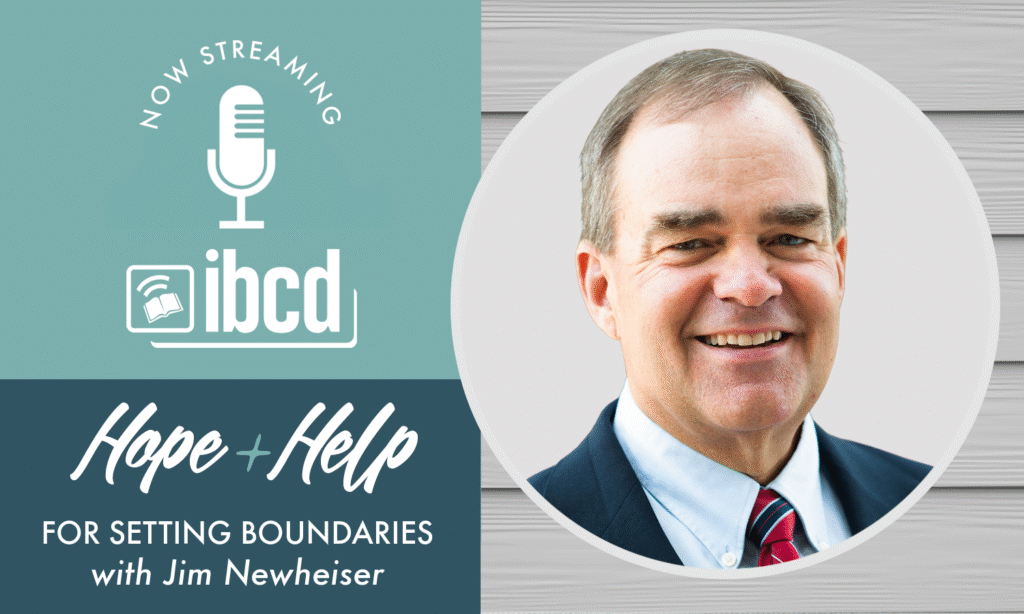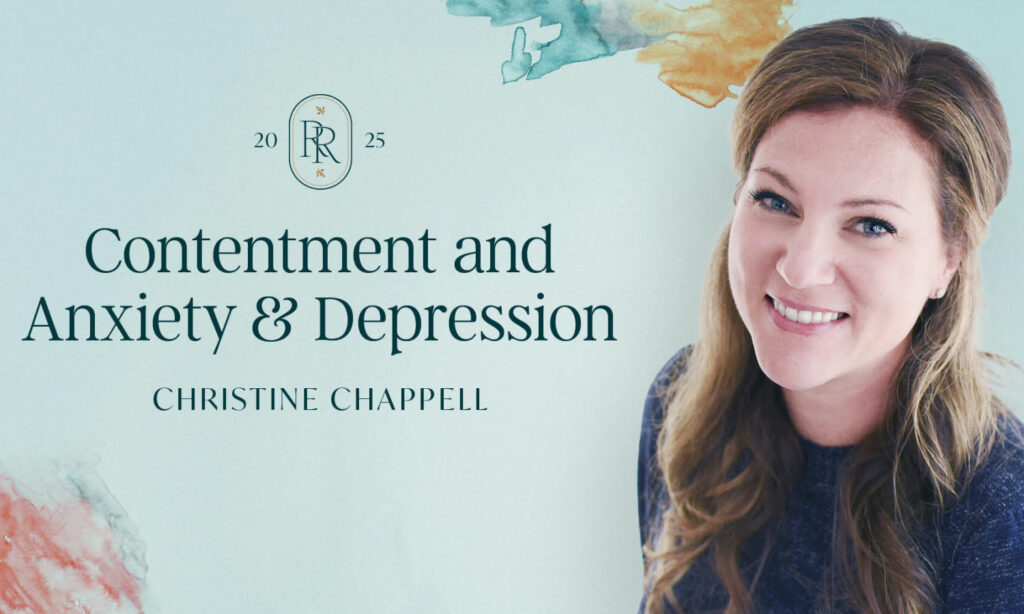I recently had the opportunity to join Joshua Simpkins on his podcast, Broken Vessels, to talk about the brokenness of depression and some of the questions and challenges that arise when we navigate such a journey with Christ. During the conversation, we reflect on questions such as:
• Can you define depression and explain how it manifests in a person’s life? What are the degrees and nuances that can be applied to those who battle depression?
• We see depression running rampant in our world today. But do true believers in the Gospel suffer these things too?
• Many in evangelicalism would say depression/anxiety/suicidal ideation, etc. are sin, or a result of “unrepentance” in a believer’s life. How would you respond to those characterizations?
• How does depression and the affects of it, including the stigmatization within the faith community, bring brokenness to us as believers who suffer with it?
• How can the faith community, the church, do better in addressing this issue and supporting those who suffer?
• What is it that has helped you personally, and what do you think can help others who suffer depression, come to a place of hope and healing?
• Can you define depression and explain how it manifests in a person’s life? What are the degrees and nuances that can be applied to those who battle depression?
• We see depression running rampant in our world today. But do true believers in the Gospel suffer these things too?
• Many in evangelicalism would say depression/anxiety/suicidal ideation, etc. are sin, or a result of “unrepentance” in a believer’s life. How would you respond to those characterizations?
• How does depression and the affects of it, including the stigmatization within the faith community, bring brokenness to us as believers who suffer with it?
• How can the faith community, the church, do better in addressing this issue and supporting those who suffer?
• What is it that has helped you personally, and what do you think can help others who suffer depression, come to a place of hope and healing?


